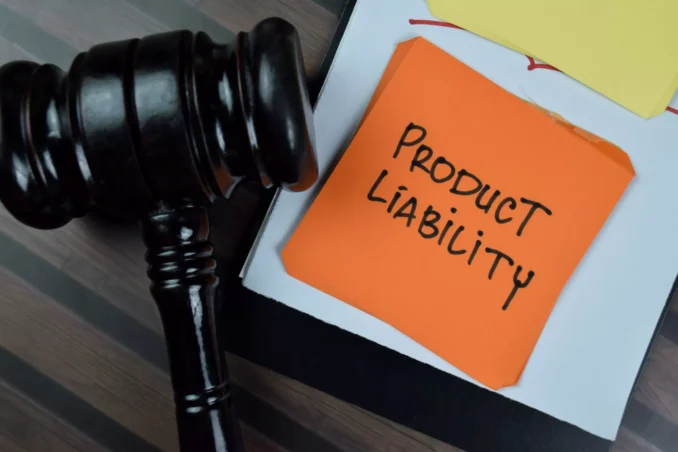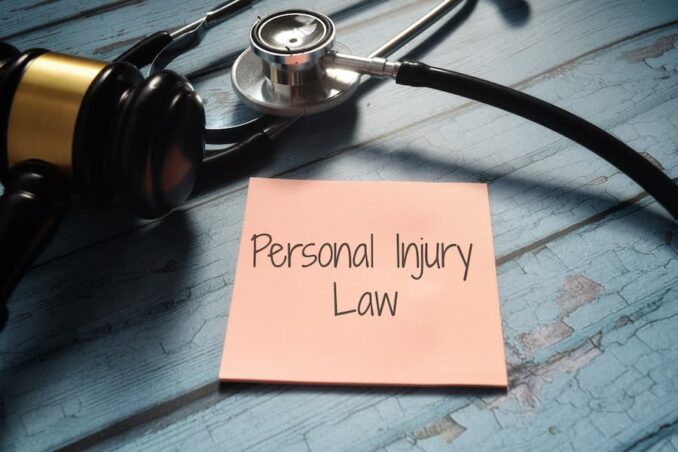In an era marked by rapid technological advancements and a relentless influx of consumer products, the nexus between product liability and personal injury law is of utmost importance. With the gamut of products that individuals interact with daily, from household appliances to vehicles and pharmaceuticals, there is an intrinsic trust that these products will not only serve their intended purpose, but do so safely. However, when this trust is shattered by a defective or improperly marketed product that leads to injury, the recourse available to the consumer is inevitably situated within the realms of product liability and personal injury law.
This article gives an overview of these interconnected legal concepts, casting a spotlight on the protective shield they collectively offer to consumers. This discussion also emphasizes the pivotal role of manufacturers’ responsibility and how consumers can exercise their rights. As we examine product liability and personal injury law, we will also look at the vital assistance legal experts can provide in such cases.
Product Liability

Source:pinterest.com
Product liability is a legal dctrine where a manufacturer, distributor, or retailer is held accountable for injuries inflicted by defective or hazardous products. This law safeguards consumers by compelling liable parties to answer for products that fall short of the average consumer’s reasonable safety expectations. Injuries caused by such products are classified as personal injuries, leading to potential legal action.
Product liability cases usually revolve around three primary categories of defects: design, manufacturing, and marketing defects. Design defects are intrinsic flaws that exist even before a product’s manufacture, suggesting a whole line of such products could be defective. Manufacturing defects transpire during the production or assembly phase, resulting in a few faulty products amidst others that are safe. Marketing defects, or “failure to warn,” occur when products lack proper instructions or warnings for hidden dangers.
Personal Injury Law

Source:facebook.com
Personal injury law covers the legal remedies and defenses involved in lawsuits due to wrongful conduct. When injuries result from a defective product, personal injury law becomes relevant, with the injured individual (plaintiff) seeking compensation (damages) from the party legally liable (defendant).
A product liability claim can be founded on various legal theories, namely negligence, strict liability, and breach of warranty. Negligence requires the plaintiff to demonstrate that the defendant breached a duty of care, which directly led to the injury and subsequent damages.
Strict liability, contrastingly, demands no proof of negligence. It holds the defendant liable if the product is proven defective, regardless of the precautions taken during its production. This theory underscores the obligation of companies to ensure their products’ safety.
Breach of Warranty

Source:facebook.com
Breach of warranty involves the contravention of a spoken or unspoken promise about a product’s functionality or quality. While an express warranty is an overt promise about the product, an implied warranty is an unwritten, tacit assurance that the product will perform its intended purpose.
To succeed in most product liability cases, the plaintiff must establish that the product was defective, the defect was present before the manufacturer released the product, and the defect caused their damages. They also need to prove actual harm, either physical or financial.
Product liability and personal injury laws differ across jurisdictions, emphasizing the need for consumers to familiarize themselves with their local laws. However, a universally acknowledged principle is the consumer’s right to safe products. If you’re injured by a product, seek medical help promptly, retain the product and its packaging, and reach out to a skilled personal injury attorney. In such scenarios, a Beaumont personal injury lawyer can provide invaluable guidance and representation.
Product liability and personal injury law serve as a formidable safeguard for consumer safety and a stringent measure of accountability for manufacturers. Their complexity highlights the need for manufacturers to prioritize thorough product design, rigorous manufacturing processes, and transparent, accurate marketing to circumvent risks and protect consumers. This legal paradigm further demonstrates the need for skilled legal professionals, who can navigate these intricacies on behalf of injured consumers.





